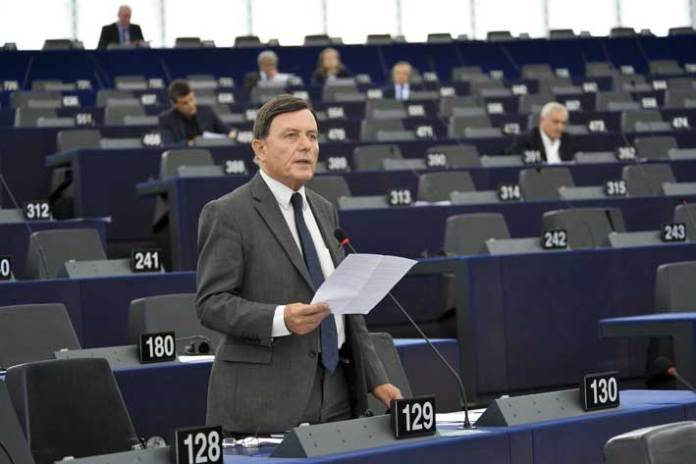
In an article published in the Parliament magazine, Labour MEP Alfred Sant stressed the importance of equal access to finance for all small businesses, micro-enterprises and start-ups, regardless of their geographical position.
The article in the fortnightly EU politics magazine that covers European Parliament news and opinion elaborates on the crucial role played by SMEs in the European economy and in the upcoming post-Covid 19 recovery. It also focuses on the real needs of small businesses within the development of the Capital Markets Union.
Alfred Sant is the shadow rapporteur for an own initiative report entitled ‘Further development of the Capital Markets Union: improving access to capital market finance, in particular by SMEs, and further enabling retail investor participation’.
With this initiative report, the European Parliament is requesting the European Commission to put forward a legislative proposal on the issue of better access to finance for SMEs on the ground. The report, calling for a healthy Capital Markets Union that provides funding for small businesses, will be voted in plenary later this year.
An own-initiative report is drawn-up according to Parliament’s own procedures. Although it is not regarded as one of the formal decision-making procedures of the European Union, it is considered a significant precursor to legislative procedures.
In the article, Alfred Sant writes that the challenge is to ensure equal access to financing across Europe since not all countries will be equally equipped to bounce back in the upcoming crisis. With the pre-existing imbalances in the eurozone, southern Europe is likely to struggle more in the recovery phase. Countries with a big proportion of SMEs are likely to be less resilient because small businesses usually have less collateral to offer to banks against loans.
As the effects of the pandemic will deepen the north-south and centre-periphery divides, extra attention should be given to ensuring access to financing everywhere in Europe. Beyond such need for a balanced repartition, the digital transformation is offering a real new qualitative opportunity for all European SMEs. This could be key in the recovery phase.
The challenges being faced by SMEs reflect the challenges of the EU as a whole. Regulators, tech players, banks, and alternative lenders: all need to play collectively to close the SME financing gap. Such collaboration will help to combat the economic effects of the pandemic. In the end, the bigger picture is not just about growth and scaling up, it is about supporting the economic and social fabric that SMEs constitute, without which the fulfilment of a greener and more social Europe cannot take place.





































